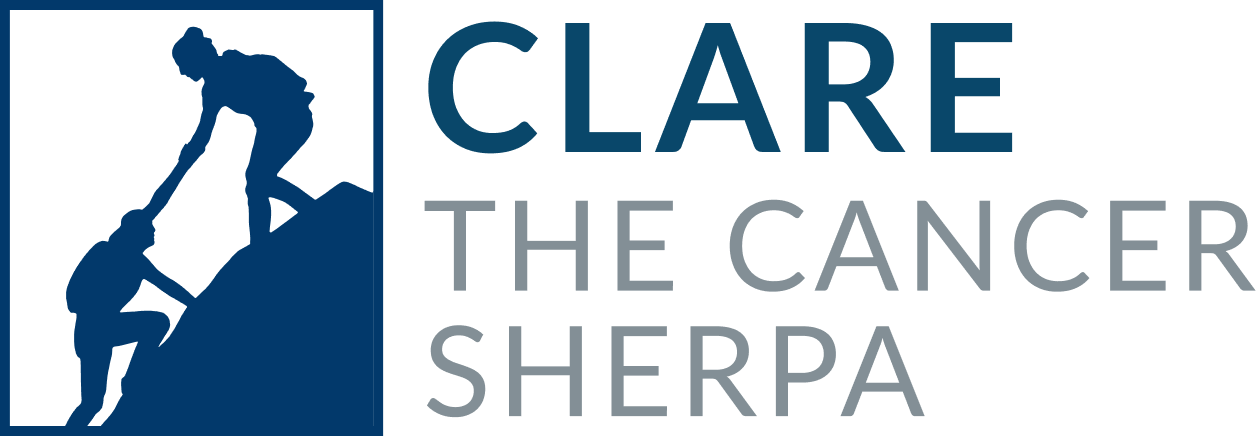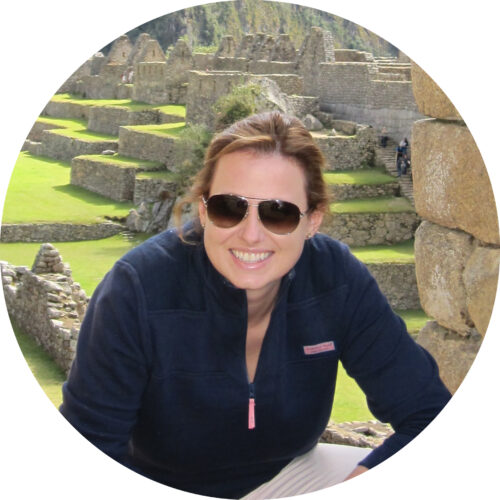Ladies! Listen up! It’s Breast Cancer Awareness Month, and we want you to know the facts, share them with the women in your life, and get screened to lead by example. Here are five facts you can memorize and share, and some good news to throw in too!
Breast cancer facts:
- Breast cancer accounts for 32% of new cancer cases in women in the US (over double the number of cases of the next leading cause of cancer).
- The median age of breast cancer diagnosis in American Women is 62 years old; however, there is a steeper, steadier rise in the diagnosis of breast cancer in women under 50.
- Getting regular screenings and conducting self-exams increases the 5-year survival rate of breast cancer from 32% (late stage disease) to 99% (early stage disease).
- Early detection can allow for less invasive treatments and reduce the mortality rate by 25-40%!
- Far more women are living with or surviving breast cancer than are dying from it! The 5-year survival rate for breast cancer is 91%.
What we are doing right in prevention:
- As of 2024, breast cancer screening, which includes mammography, breast ultrasound, and breast MRI, is not only back to pre-pandemic levels, but 7% higher.
- If caught early, breast cancer patients now have a 99% survival rate.
- In June, the FDA approved the first-ever AI-powered platform, Clarity Breast, to predict a woman’s risk of developing breast cancer over the next 5 years using a standard mammogram.
Who needs to get checked out?
As we stated above, the median age for breast cancer diagnosis in American women is 62. That means that half of the women diagnosed are under age 62, and research has found a steeper rise in breast cancer cases in women under 50. Your family history is a crucial component, so make sure to talk to your doctor about breast cancer occurrences in your bloodline. Additionally, your breast density and other health factors may require that you get additional or more frequent screening.
For those at average risk for breast cancer, the United States Preventive Services Task Force (USPSTF) recommends women ages 40 to 74 get a mammogram every two years. This was lowered from age 50 to age 40 as we referenced there has been a rise in the number of breast cancer cases diagnosed in younger women.
If you are an American Indian/Alaska Native or Black woman, you have a higher mortality rate, despite having fewer diagnosed cases, due to a lack of screening. Please get screened! We will help arrange screening and transportation at no cost, as every American woman deserves the benefits of early detection. Early detection is critical. Get screened and get educated about your risk factors, specifically age, race/ethnicity, genetics, and density of breast tissue.
What can I do myself?
While regular screenings with your regular healthcare provider and gynecologist are essential, there are steps you can take at home to stay proactive about your breast health. Learning to perform self-exams can help you become more familiar with your own body and, therefore, notice any changes early. The National Breast Cancer Foundation offers clear guidelines for conducting a breast self-exam, and the video below provides a step-by-step demonstration to guide you through the process.
Remember, self-exams are a supplement to—not a replacement for—professional screenings, but they can give you confidence and awareness between appointments.
Where can I get more info?
Education is empowerment. Bookmark these trusted resources to stay informed, find support, and access practical tools for yourself or a loved one:
- Susan G. Komen Breast Cancer Foundation – Awareness, advocacy, and local support programs.
- National Breast Cancer Foundation, Inc. – Guides on self-exams, screening, and early detection.
- National Cancer Institute (NCI) – Breast Cancer – Research updates, statistics, and clinical trial info.
- American Cancer Society – Comprehensive info on prevention, treatment, and care.
- Breastcancer.org – Expert-reviewed content on types of breast cancer, treatment options, and survivorship.
- Cancer Sherpa Gifts for Someone with Breast Cancer – A curated list of comfort-focused products for patients during and after treatment.
Can you help me?
Always! If you need help setting up appointments, arranging transportation or anything else in the way of you getting to your screening, contact us for assistance today.


